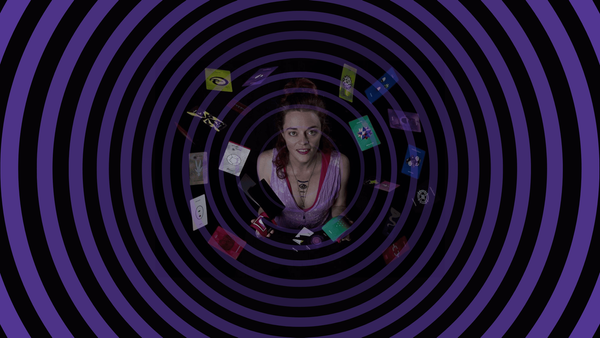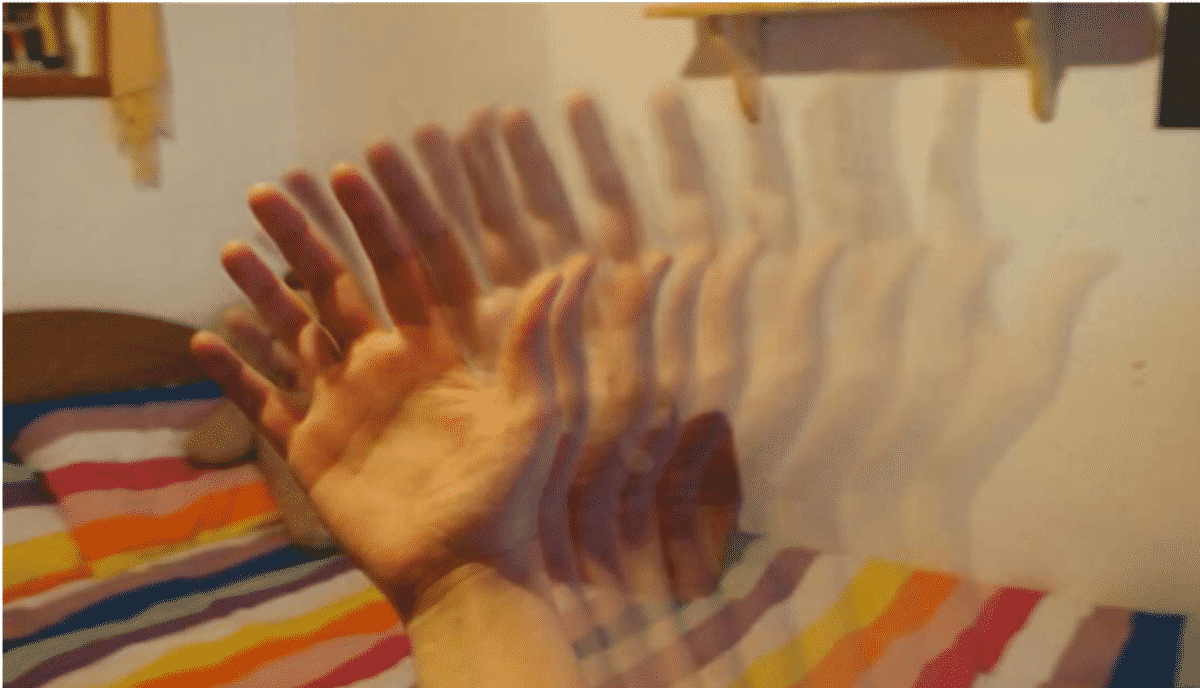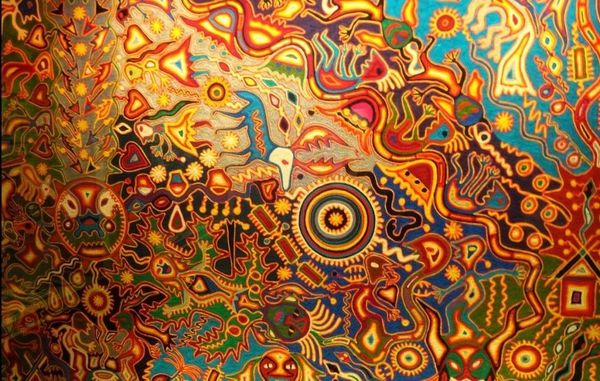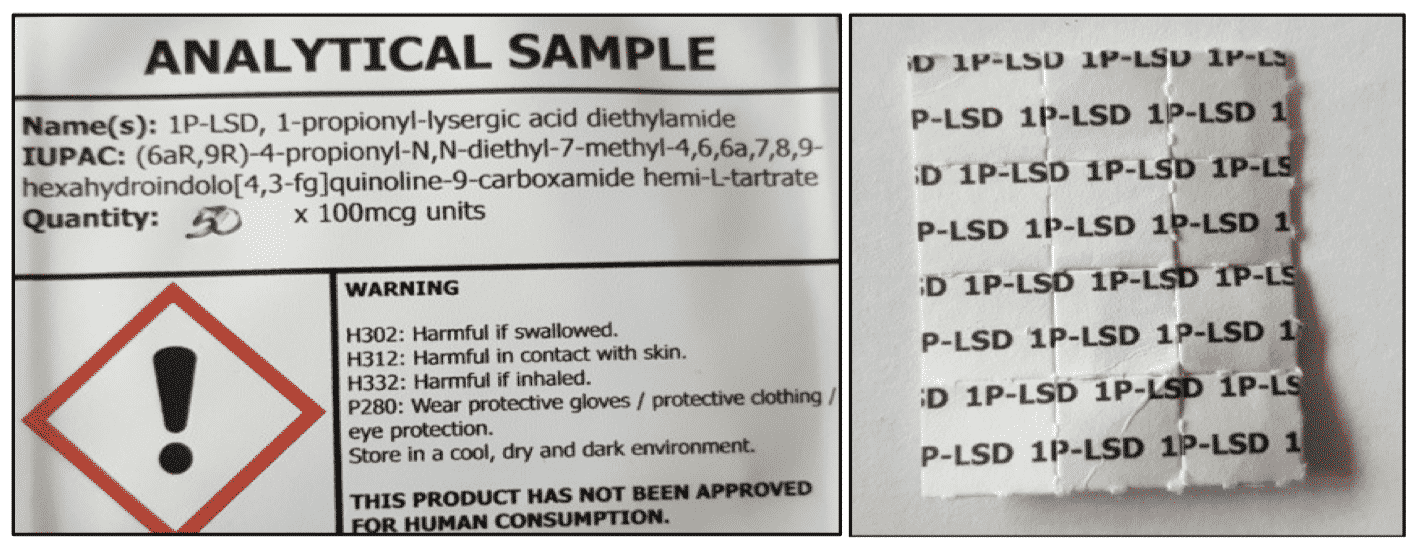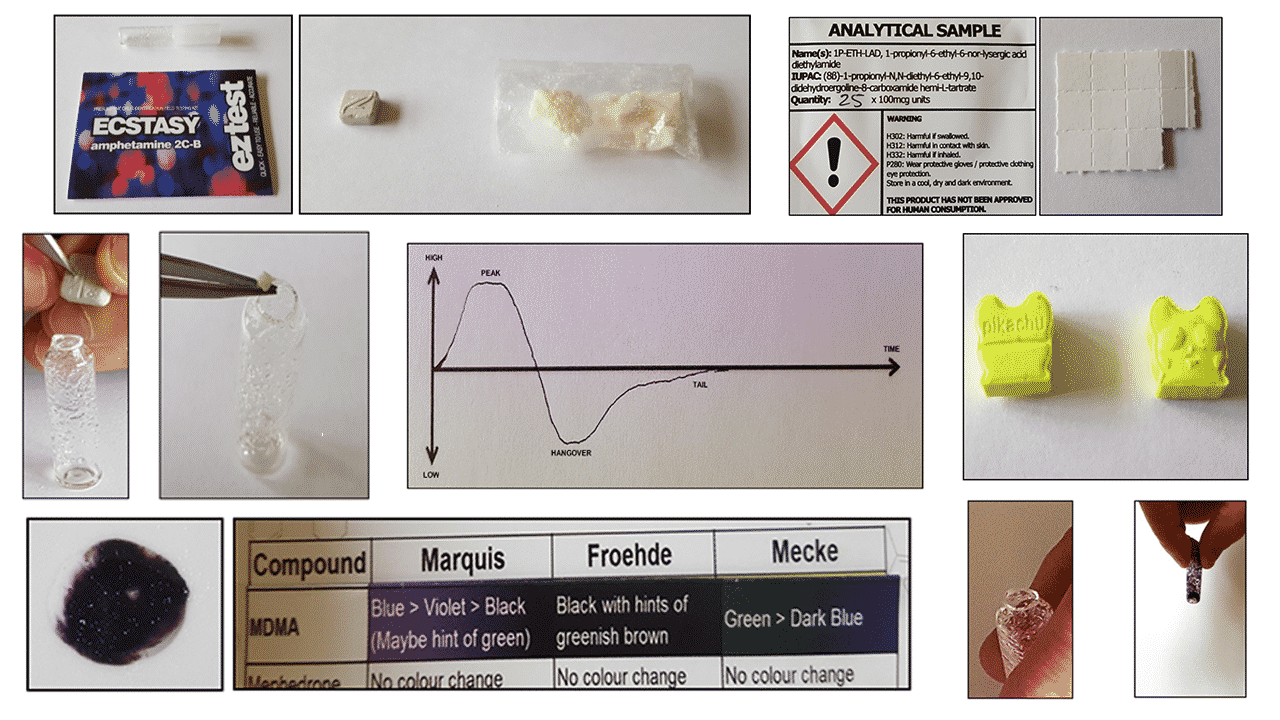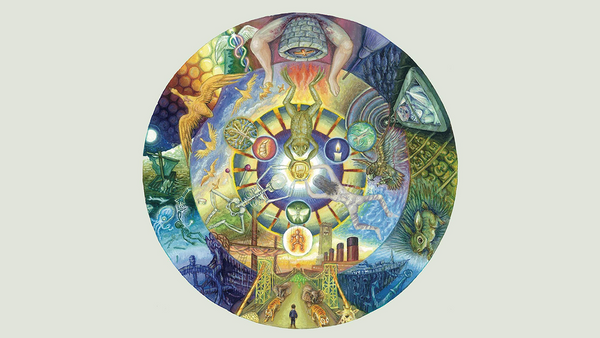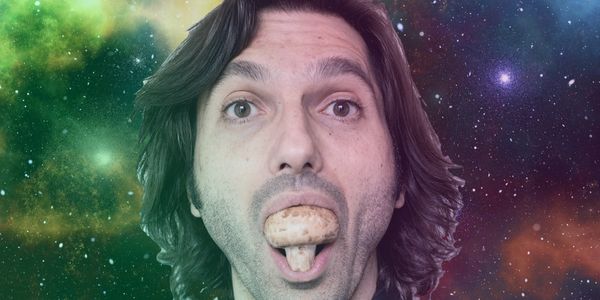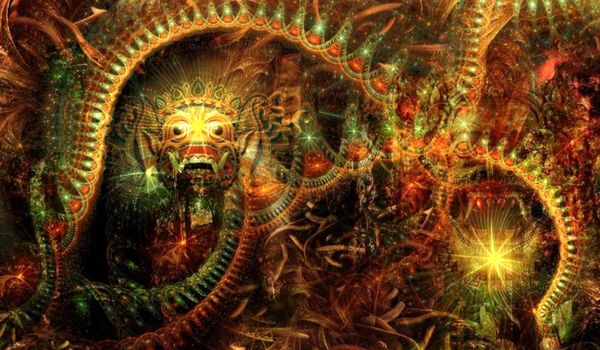Jon Waterlow • • 3 min read
Can Psychedelics Cure Autism? — An Interview With Andrea Domenichini

Can psychedelics cure Autism? It’s a question researchers are only beginning to ask, but Andrea Domenichini has already run the experiments – on himself.
Over the past few years, he’s taken MDMA and LSD to help connect the parts of his brain that allow most people to understand each other, feel their emotions, and make lasting connections.
Podcast Access:


Before we get to that, what is Autism Spectrum Disorder? Probably not what you think it is. Most people on the Autism spectrum aren’t Rain Man or maths geniuses. They’re people whose brains function differently, but in myriad different ways. It’s called a spectrum for a reason, and that spectrum involves dozens of symptoms (each highly variable) which are then bundled together under the ‘Autism’ label.
Dre shares his personal journey from alienation to deep human connection, beginning at a point in his life where jobs and relationships just weren’t working out. He stopped, took stock, and asked himself the question that most of us are too scared to ask: Am I the problem?
For me, Autism was being a featureless white room, without windows or doors. MDMA opened a door in that room. Suddenly I could see outside to where “real people” lived. LSD allowed me to leave that room.
– Andrea Domenichini
These experiences were revelatory: until MDMA, he’d never felt music before. Until LSD, he’d never felt a true sense of peace in himself.
Drawing on his biomedical background, Dre explains how these substances can do such incredible things, what they meant for his own development, and why it’s essential that more research is done to help people with Autism.
But do people with Autism even want to be ‘cured’? And is ‘cured’ the right word to use?
For many people, there’s immediate resistance: Autism is a part of their identity and sense of self. And Autism is simply a different way of thinking, not some kind of disease.
For Dre, he wanted to change – he wanted to understand other people and to be able to grow as a person and pursue his dreams in a world that simply isn’t set up to accommodate or understand Autistic people. With such potent psychedelic tools available to make that change, at the very least, more Autistic people should be made aware of the possibility of change, if they want to experience it for themselves.
Dre poses some provocative questions on this: would it be so bad if adolescents diagnosed with Autism were given access to MDMA and LSD while their brains are still in development? But on the other hand, are non-Autistic people actually any good at empathy, or are they merely projecting their own life experience onto other people? Most of the time, he argues, there’s enough overlap that this works out and people feel connected, but is that true empathy?
Autism may soon become a major part of the ‘renaissance’ in psychedelic research. But beyond the confines of academic papers and medical trials, this might well become a revelatory story about the nature of emotional connection and how we understand ourselves as social animals.
Find Andrea:
- His podcast Voices in the Dark
- More from Dre on his journey with Autism and Psychedelics
Recommended Products:
- 30 Challenges to Enlightenment: A Complete Roadmap to Fulfill Your Potential (Listen to this episode to find your 25% discount coupon)

